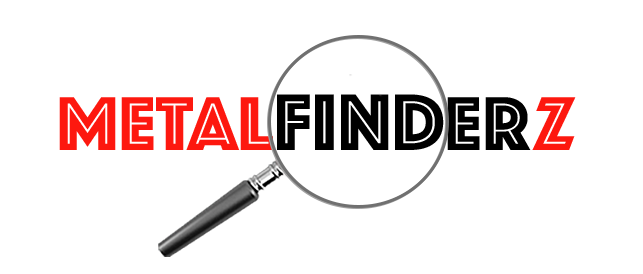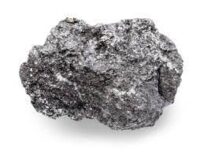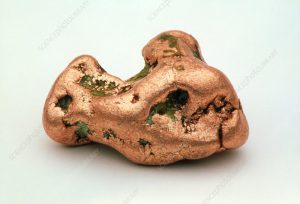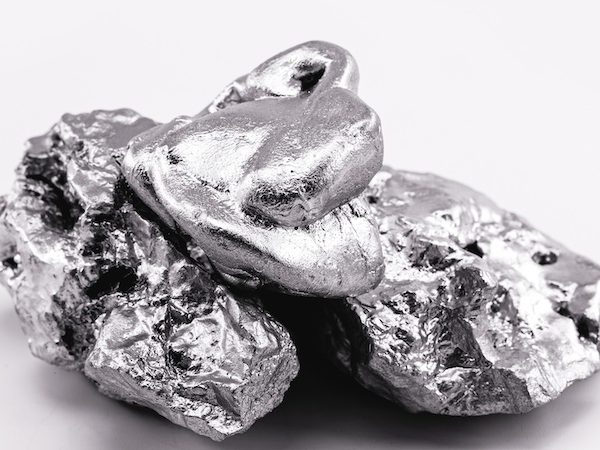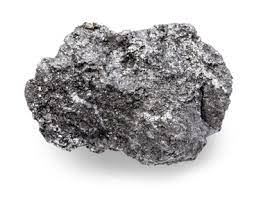Origin:SOUTH AFRICA/ZIMBABWE
Percentage (3% to 4%)
Price: TBC
Available quantity:1000MT
Monthly supply capacity:50000MT
MOQ:10000MT
Lithium: The Powerhouse of the Electric Revolution
Lithium, a soft, alkali metal with the atomic symbol Li, is a crucial element driving the global shift towards clean energy technologies. Its unique properties, including the lowest density among all metals and high electrochemical potential, make it the go-to choice for lithium-ion batteries, the backbone of electric vehicles and portable electronics.
Non-Ferrous Metal
Lithium is classified as a non-ferrous metal. Ferrous metals are primarily iron-based, while lithium belongs to the alkali metal group with distinct chemical and physical properties.
Key Source Countries and World Output Volumes
Global lithium production is concentrated in a few key countries, with estimates suggesting an annual output around 100,000 metric tons (Mt) of lithium carbonate equivalent (LCE):
- Australia: The leading producer, accounting for roughly 55% of global output, with major operations in Western Australia.
- Chile: A significant producer with large salt flats (salares) containing lithium-rich brines.
- China: A rapidly growing producer with expanding domestic production and processing capabilities.
- Argentina: Possesses vast lithium resources but faces development challenges.
The limited number of major producers and potential supply disruptions can significantly impact market stability and pricing.
Major Producers and Market Share
A few key players dominate the lithium market:
- Sociedad Química y Minera de Chile (SQM): A Chilean company with extensive operations in the Atacama Salt Flat, a major lithium source.
- Albemarle Corporation: A US-based company with significant production capacity in Chile and Australia.
- Tianqi Lithium Industries: A Chinese company with a growing presence in the global lithium market.
- 赣锋锂业股份有限公司 (Ganfeng Lithium): Another major Chinese player involved in lithium mining, processing, and battery production.
These major companies control a significant portion of the global lithium supply chain, influencing market dynamics and pricing.
Forms of Lithium Trade
Lithium is traded in various forms, depending on its intended use:
- Lithium ores: Spodumene and lepidolite are the primary lithium-bearing minerals extracted from hard rock mines.
- Lithium brines: Lithium-rich brines extracted from salt flats (salares) after evaporation and processing.
- Lithium compounds: Lithium carbonate (Li2CO3) and lithium hydroxide (LiOH) are the most common forms used in battery production.
- Lithium metal: Pure lithium metal finds application in specialized batteries and other niche applications.
The specific form chosen depends on the extraction method, processing requirements, and intended use in the final product.
Price Trends (Past 5 Years)
Lithium prices have experienced significant volatility in recent years, driven by surging demand from the electric vehicle and battery storage sectors:
- 2018-2020: Prices saw a gradual increase as demand for lithium-ion batteries grew.
- 2021-present: Prices have skyrocketed due to a supply deficit and exponential demand growth, particularly from the electric vehicle industry.
Monitoring price trends and understanding market dynamics is crucial for informed trading decisions.
Major Importing Countries
The major importers of lithium are countries with strong electric vehicle and battery manufacturing industries:
- China: The largest importer, driven by its dominant position in electric vehicle production.
- Japan: A major importer for its established electronics and battery production sectors.
- South Korea: A significant importer with a growing electric vehicle industry.
- European Union: Collectively a major importer, with Germany leading the demand.
Understanding the import dynamics helps identify potential trading opportunities and market trends.
Major Exporting Countries
The major exporting countries are those with established lithium production capabilities:
- Australia: Exports a significant portion of its lithium production to meet global demand.
- Chile: A major exporter of lithium brines and processed products.
- China: Exports lithium compounds and is expected to play a larger role in the future.
- Argentina: Has the potential to become a major exporter with further development of its lithium resources.
Understanding the export dynamics helps assess potential supply sources and market trends.
Other Important Aspects for International Traders and Buyers
- Strategic Importance: Lithium is considered a critical and strategic material by many governments due to its vital role in clean energy technologies and national security. This can influence trade policies and regulations.
- Environmental Concerns: Lithium extraction, particularly from brines, can have environmental impacts on water resources and local ecosystems. Responsible sourcing practices are becoming increasingly important for buyers.
- Geopolitical Risks: Political instability in key producing countries can disrupt supply chains and create price volatility. Traders need to be aware of potential geopolitical risks and their impact on the market.
- Recycling and Sustainability: As demand for lithium grows, recycling and developing sustainable extraction methods are crucial to ensure long-term resource availability and minimize environmental impact.
Considerations for Traders
- Market Volatility: The lithium market is highly volatile due to rapid demand growth and limited supply. Traders need to be prepared for price fluctuations and potential supply disruptions.
- Long-Term Relationships: Building strong relationships with producers and suppliers is crucial for securing reliable sources and favorable trading terms.
- Technical Expertise: Understanding the different forms of lithium, their processing methods, and specific application requirements is essential for effective trading.
- Regulatory Compliance: Traders must comply with strict regulations governing the handling, transportation, and trade of lithium to avoid legal and safety issues.
By understanding these key aspects of the lithium market, international traders and buyers can navigate the complexities of this critical metal and make informed decisions to optimize their trading activities.
